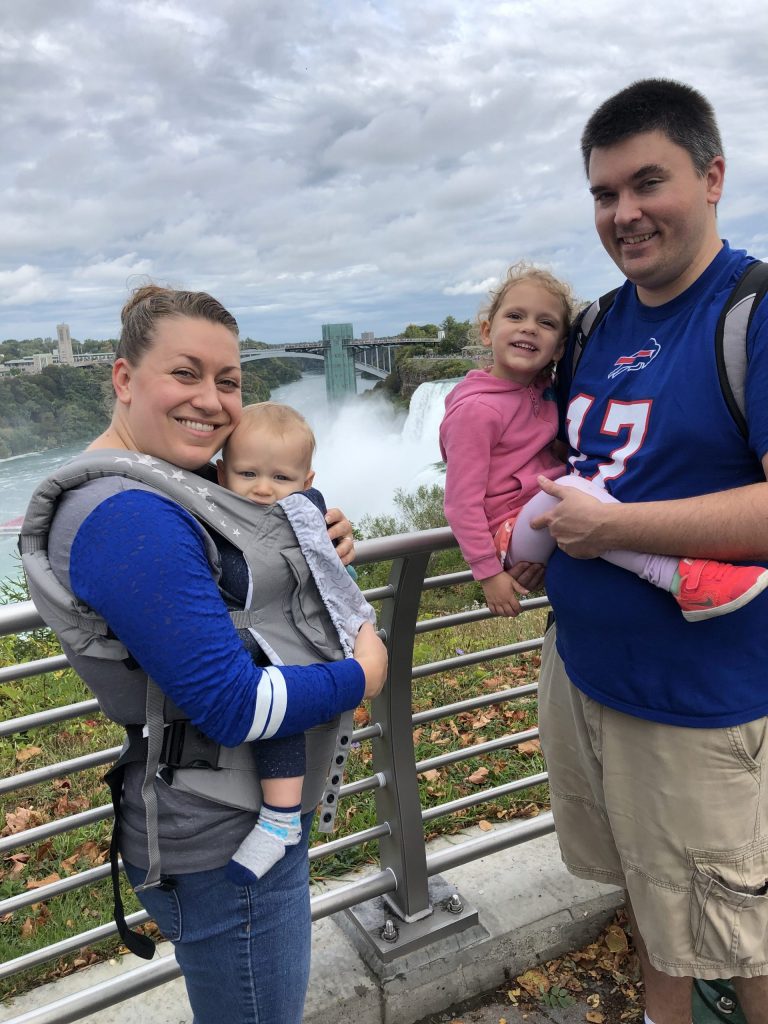Theresa Mihalic
CAPSTONE
Capstone Project Committee: Nancy Callanan, M.S., CGC, Roland Deutsch, Ph.D. (Statistical Consultant), Scott Richter, Ph.D. (Statistical Consultant), Randi Stewart, M.S., CGC, Betsy Swope, M.S., CGC
No studies to date have explored reasons why patients referred for prenatal genetic counseling (GC) would decline this service. The goal of this study was to pilot test a survey designed to elicit factors that influence patients to decline prenatal GC at the University of North Carolina at Chapel Hill (UNC). Patients who declined prenatal GC from January to April 2010 at UNC were mailed a survey to complete and return. Patients who planned to attend their prenatal GC appointment were matched by referral indication and identified as a control population. A total of 6 decline and 5 control participants returned the survey, for a response rate of 30% and 25% respectively. Survey responses were tabulated as preliminary descriptive data. Preliminary data suggests that patients who decline prenatal GC may have a lack of understanding about GC, misconceptions about GC or what is discussed during a GC session, or different health beliefs than those patients who do not decline their prenatal GC appointment. It was anticipated that the results of this study would identify factors that may influence patients to decline genetic counseling, so that strategies to overcome these factors can be explored.
Since Graduation

Theresa has worked at Nationwide Children’s Hospital in Columbus, OH for the last 10 years. She worked as a pediatric genetic counselor in a general genetics clinic for 6 years, and began dedicating some of her time to the hospital’s Prader-Willi Clinic, a role she still holds now. For the last 4 years, Theresa’s primary appointment has been in the research institute, where she wears many different hats.
Theresa educates patients about and enrolls them in ongoing genomics research studies, and provides genetic counseling to research participants who opt to receive results from these studies. She work closely with providers from many different areas of specialization to recruit eligible participants for the Rare Disease Genomics research program and aid in the coordination of clinical referrals and testing if a likely diagnosis is made through research.
Theresa also helps to initiate and facilitate new genomics research projects and collaborations. She has worked as a supervisor for the Ohio State University GC Graduate Program since it began in 2014. Theresa has helped to develop a research GC rotation experience to allow students to gain exposure to genomics research the work of research GCs.
Theresa married her husband in Niagara Falls (where they met as undergrads) in 2011. They have two children, a 5-year-old daughter and a 2-year-old son.